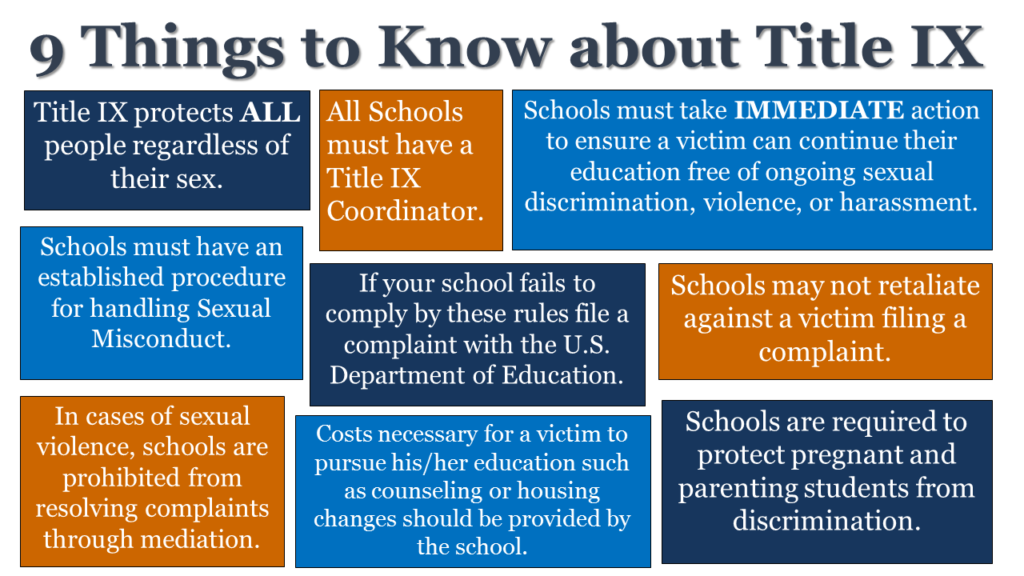South Carolina Campus Misconduct Attorney
Cari Simon defends students accused of sexual assault

Lawyers for Title IX in South Carolina
Professors are taking notice. Many colleges and universities have adopted new Title IX language. By adding a statement to the syllabus, professors send a multi-pronged message to students that they will hold perpetrators accountable. According to a study by the University of North Dakota, one in three college men would sexually assault a peer if they did not think they would be caught. In addition, faculty can go beyond the Title IX language and include phone numbers of appropriate resources.
Cari Simon defends students accused of sexual assault

Recently, she argued that SU is violating the federal law by discriminating against girls and women who wish to pursue STEM careers. The university is also implementing three girls-only STEM programs, including the Women in Science and Engineering Future Professionals Program, the WiSE Postdocs program, and the It Girls Overnight Retreat. She says the college should change its policies to protect girls from discrimination. Monica Beck, Title IX lawyer in South Carolina, explains how colleges can avoid discrimination by regularly evaluating single-sex programs.
In South Carolina, Sheila Willis is a certified and skilled Title IX attorney. Sheila Willis assists clients with employment-related problems like harassment, bullying, and racial discrimination as a Title IX attorney. Sheila not only handles employment-related issues, but she also defends employers in a range of employment-related disputes, such as wage-hour disputes, affirmative action, and OFCCP compliance. Sheila Willis also provides training on diversity, equal employment opportunity, and workplace harassment.
Warkov and Levin filed federal civil rights complaints after their daughter was raped and wanted to inform other parents about Title IX. Six months after their daughter was sexually assaulted, they discovered Title IX. They wanted a probe even though it was too late to take any action. Later, her daughter entered a residential treatment facility. The case has received widespread media coverage.
Konidaris Iliana

Specifically, Title IX provides that "No person in the United States shall, on the basis of sex, be excluded from participation in, be denied the benefits of, or be subjected to discrimination under any educational program or activity receiving Federal financial assistance."
Title IX requires schools to adopt and publish grievance procedures for students to file complaints of sex discrimination, including complaints of sexual harassment or sexual violence. Schools can use general disciplinary procedures to address complaints of sex discrimination.
Unwanted sexual behavior, advances, or requests for favors. Unwelcomed verbal, visual, or physical sexual conduct. Offensive, severe, and/or frequent remarks about a person's sex. Harassment of a sexual nature which interferes with an individual's right to an education and participation in a program or activity.
Title IX is the most commonly used name for the federal civil rights law in the United States of America that was passed as part (Title IX) of the Education Amendments of 1972. It prohibits sex-based discrimination in any school or any other education program that receives funding from the federal government.
Title IX responsibilities can result in false allegations that nevertheless result in serious consequences before a person is proven guilty, including school suspension and potential expulsion from degree programs. School administrators sometimes have failed to protect the rights of the accused.
Title IX also bars discrimination based on disability. In fact, the scope of this law applies to everything from discrimination to sexual harassment, sexual assault, bullying, cyberbullying, retaliation, stalking and violence.